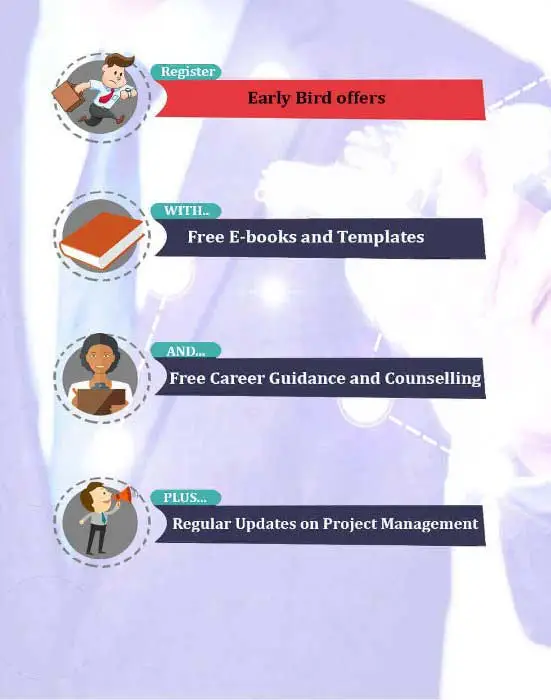I recently was invited as a speaker in the PMI® National conference in India, where there were more than 1000 attendees and some interesting speakers, some related to project management field and some who have reached the pinnacles and from whom we can all learn a lot.
There were some interesting views from the speakers and the participants, and this caught my attention. The PMI® award went to a large construction company, L & T, whose entire team came on the stage with their customer and went gaga about the project they had implemented. They were awarded for all the right things they did in the project; for what they called a super effort!!
The subsequent day there was another top speaker who dismissed the fallacy that there are impeccable deliveries in project management. He insisted that failures are the pillars of any successful project. The quicker we get up when we fail, the better we get at delivering the projects.
I would tend to agree with this speaker that failures are indeed the cornerstones of any successful projects and you learn and unlearn from every project you do. But, at the same time, failures cannot be affordable, which can cost the project to even be permanently terminated.
So, as a good project manager, we should anticipate failures and take preventive actions as much as possible, and that according to me is the cornerstone of any successful project. But, the million dollar question is how to anticipate a failure or rather is it practical to anticipate in projects?
Anticipation requires knowledge and understanding on how to apply and deal with situations in projects. When I mention knowledge, I would like to differentiate the “work” you do in a project from “manage” the project. The work requires the knowledge of the industry, for example, how things work say in IT or construction or pharma industry. However, when we talk about managing the project, the boundaries of domain remains irrelevant and we come to experience and the concepts of project management. The experience comes from the failures as our friend suggested; however, the knowledge or concepts of project management if learned well early can become handy in avoiding expensive mistakes.
Learning project management concepts and techniques go a long way in managing the projects successfully. And further applying it to make projects run better can a go long way in completing the projects successfully within the constraints.
Like I said, failures can be expensive in a project and the quicker we realize, the better we are on our project delivery.
